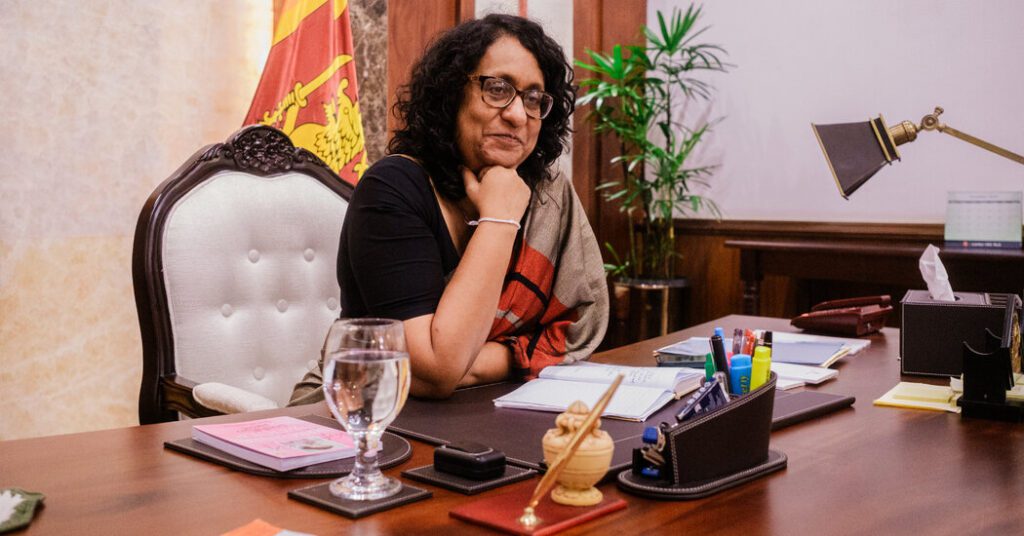A Pivotal Moment for Women in Sri Lanka
During an otherwise routine session of Parliament, a moment arose that would resonate deeply with Harini Amarasuriya, the Prime Minister of Sri Lanka. It served as a realization that her nation, which had recently suffered under authoritarian leaders and their populist agendas, might be on the cusp of a significant change regarding women’s roles.
Recognizing the Care Economy
In a surprising turn of events, a male colleague, whom Dr. Amarasuriya described as “not a very feminist” figure, acknowledged the necessity for the country to officially recognize the “care economy,” which encompasses work dedicated to caring for others. This acknowledgment marked a key breakthrough in a governmental context where such discussions had previously been relegated to activists or largely overlooked gender departments.
A Moment of Triumph
For Dr. Amarasuriya, this remark ignited a sense of triumph. She reflected, “I was like, ‘OK, all those years of fighting with you have paid off,’” while sharing her thoughts during a December interview in Colombo, the capital city.
Turning the Tide
Two years have passed since the citizens of Sri Lanka rose up to oust a political dynasty whose extravagance led to terrible economic strife. The country now stands at the threshold of a significant transformation.
A New Era of Political Shift
The collective anger of the populace has evolved into a determined pursuit of comprehensive reform. Following two national elections last year—one for the presidency and another for Parliament—the longstanding elite has been effectively dismantled. In their place, a leftist movement has emerged, advocating for a fairer society.
Empowering Women in a Resurgent Democracy
As Sri Lanka experiences a revival of its democratic processes, new avenues are opening for women. The ongoing shift presents unprecedented opportunities to redefine the societal landscape and elevate women’s roles in the workforce and governance.


